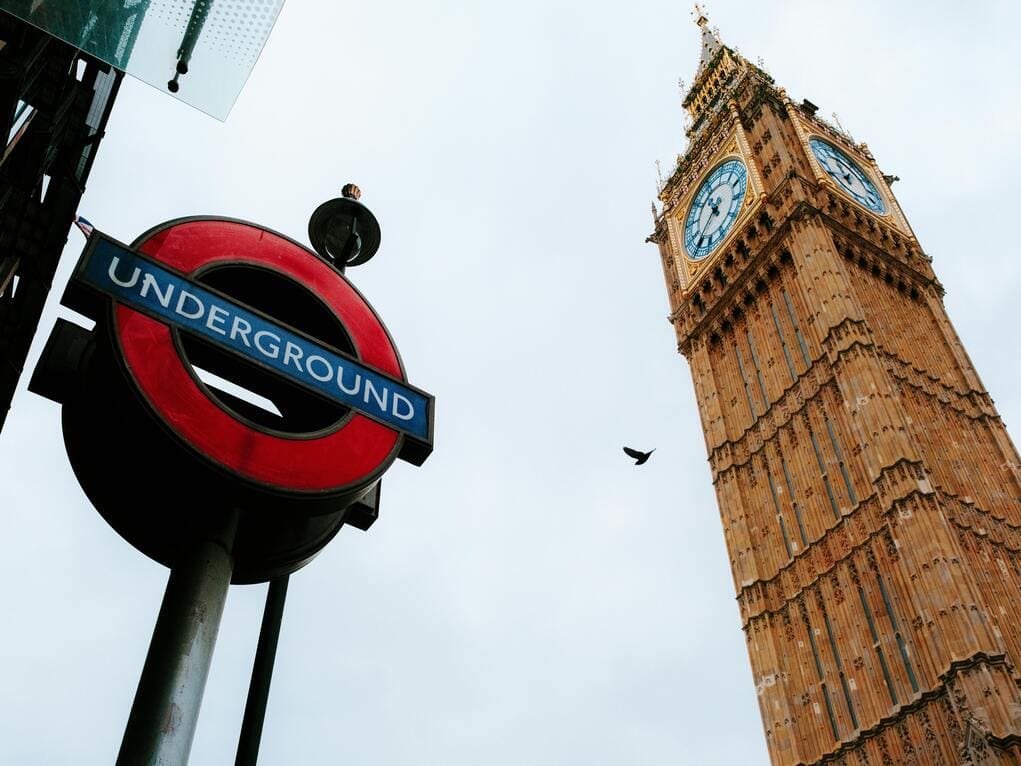Managing an inheritance in England involves identifying the applicable laws, gathering the necessary certificates, apostilling and translating documents when required, determining the competent solicitor or notary, paying the relevant taxes, and formalizing the acceptance and registration of assets. Below, you will find detailed steps, a documents table, and a FAQ section with practical recommendations.
If you are wondering “how do I manage an inheritance in England?”, follow these steps and check the quick table to simplify the entire process.
Table of Contents:
- Steps
- Documents and Deadlines
- Taxes
- Registration and Adjudication
- Frequently Asked Questions
Steps
- Applicable Law and Will: English and European law (EU Regulation 650/2012 if applicable), will, and professio iuris.
- Documentation: death certificates, last will and testament, inventory of assets, apostille, and certified translations if required.
- Notary/Solicitor and Representation: competent solicitor in England; powers of attorney if managed remotely.
- Taxation: inheritance taxes in England and Spain (if applicable), review of double taxation agreements.
- Registration and Adjudication: deed of acceptance/partition and registration in the relevant registers in England and Spain if applicable.
Documents and Deadlines
| Document | Issuer | Location | Apostille/Translation? | Approx. Time | Approx. Cost |
|---|---|---|---|---|---|
| Death Certificate | Civil Registry / GRO | England / Spain | Yes, if foreign | 3–10 days | €10–30 |
| Last Will / Testament | Probate Registry / Notary | England / Spain | Apostille + translation if required | 3–15 days | €20–60 |
| Inventory of Assets | Entities / Registries | Each country | According to document | 1–4 weeks | — |
| Hague Apostille | Competent Authority | Issuing country | — | 1–10 days | €20–60 |
| Certified Translation | Certified Translator | — | — | 2–7 days | €0.08–0.15 per word |
| Deed of Acceptance / Partition | Notary / Solicitor | Spain / England | According to annexes | 1–3 weeks | €300–1,200 |
Taxes
- ISD (Spain): depends on the Autonomous Community.
- Municipal Capital Gains Tax: if there are urban properties in Spain.
- England: Inheritance Tax according to local law and the situation of the deceased/heirs.
- Double Taxation: check treaties or rules for exemption or allocation.
Registration and Adjudication
- Deed of acceptance/partition with inventory and allocations.
- Registration in England and Spain if applicable.
- Remote representation: powers of attorney and legalizations if necessary.
Frequently Asked Questions (FAQ)
1. How to manage an inheritance in England?
To properly manage an inheritance in England, first identify the applicable laws in England and your country of residence. Then gather all necessary certificates (death, wills, inventory of assets) and legalize or translate documents if needed. Next, determine the competent solicitor or notary, pay the corresponding taxes (Inheritance Tax in England and others if assets are abroad), and finally formalize the acceptance of the inheritance and register it in the official registers.
2. How do I manage an inheritance in England?
Follow these steps: applicable law → documents (certificates, apostille, translations) → solicitor/representation → taxes → deed and registrations.
3. What documents do I need?
Required documents include death certificates, last will and testament, inventory of assets, and apostille or certified translation for foreign documents.
4. Where do I pay taxes if there are assets in England and Spain?
Taxes must be paid in England (Inheritance Tax) and in Spain according to current legislation and double taxation treaties.
5. Can everything be managed remotely?
Yes, it is possible to manage the inheritance remotely using powers of attorney and legalizations. The competent solicitor generally accepts representation.
Legal References
- 🇪🇺 EU Regulation 650/2012 on International Successions
- 🇬🇧 Succession Law in England
- 🧾 Probate Process in England
- 📄 European Certificate of Succession (CSE)
Conclusion
Managing an inheritance in England can be complicated due to legal and tax differences with other countries. To ensure the process is carried out correctly and without errors, it is best to seek professional advice. Grupo Hereda, specialized in international inheritances, provides expert support at every step, ensuring that the process is safe, efficient, and smooth. Consultations are free, and we can help you resolve any inheritance, whether in-person or remotely, without any problem.
GRUPO HEREDA
Grupo Hereda is a law firm with extensive experience in this sector, with over 25 years of practice. We work throughout Spain. If you have an inheritance in Andalusia and don’t know where to start, talk to us we work all over Spain.
If you find yourself in a complicated situation, don’t give up. Contact us, and we will find a personalized solution for you. Call us! (+34) 915 487 550 or send an email to info@grupohereda.com.






